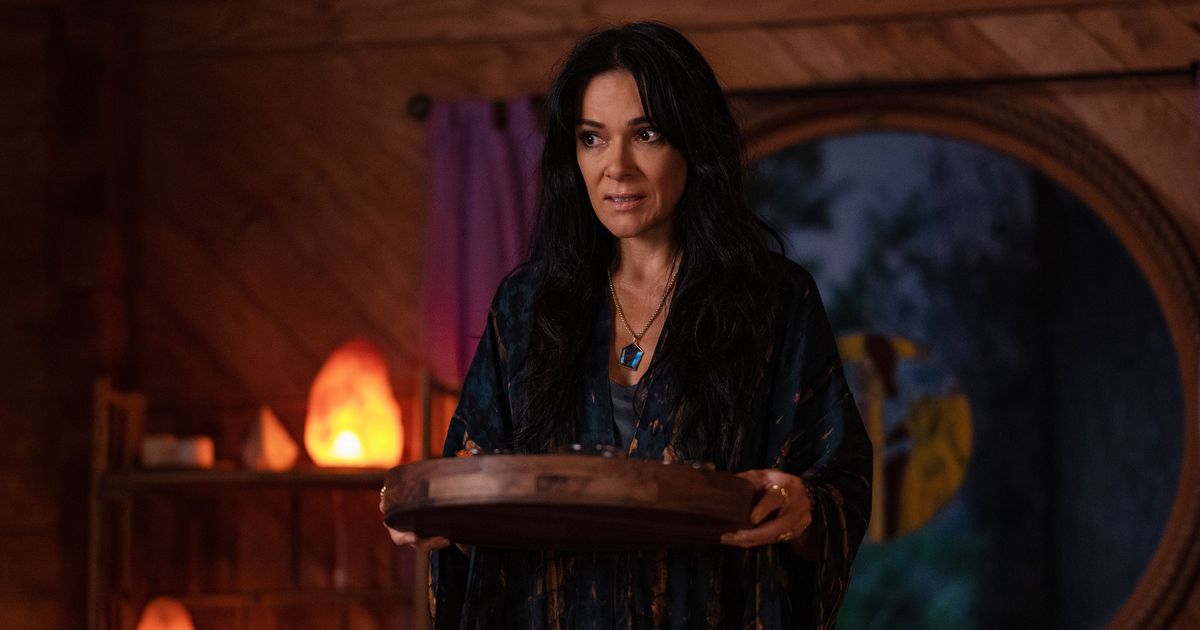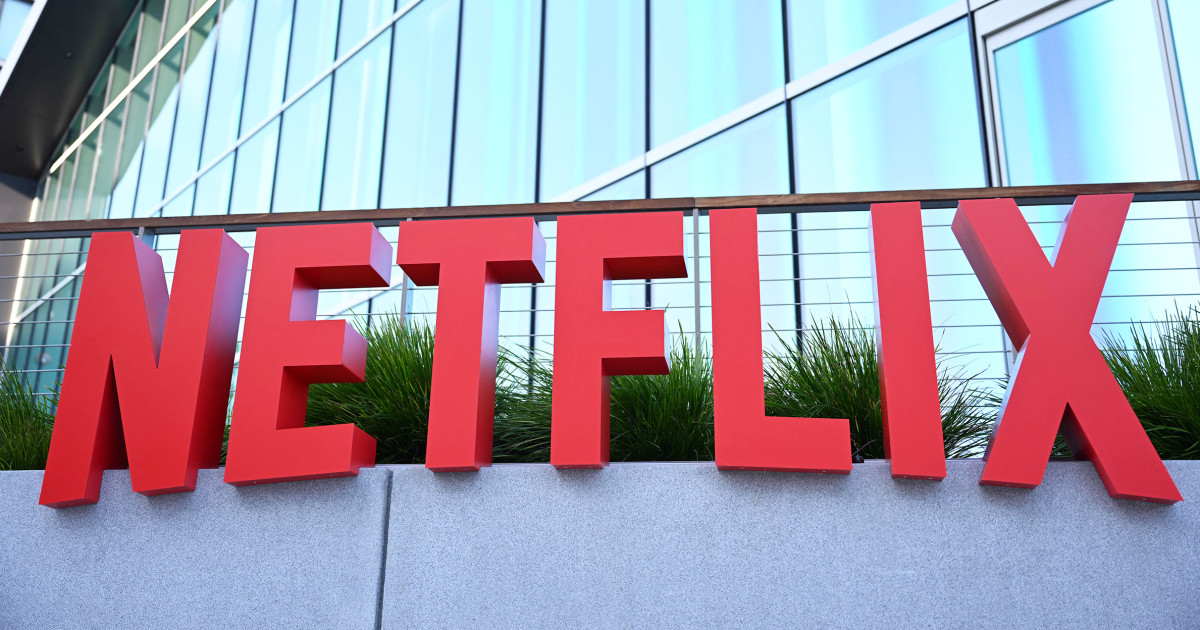Disney pulls plug on high-priced Star Wars: Galactic Starcruiser, a blow to immersive entertainment

Walt Disney Co. is axing one of its most adventurous, risk-taking endeavors, announcing today that it is closing Walt Disney World’s Star Wars: Galactic Starcruiser. Colloquially known as the “Star Wars hotel,” the Galactic Starcruiser is a two-night, live-in theme park that doubles as a live-action role-playing game.
Its last day of operation is set for Sept. 30.
“Star Wars: Galactic Starcruiser is one of our most creative projects ever and has been praised by our guests and recognized for setting a new bar for innovation and immersive entertainment,” read an official statement provided by a Walt Disney World spokesperson. “This premium, boutique experience gave us the opportunity to try new things on a smaller scale of 100 rooms, and as we prepare for its final voyage, we will take what we’ve learned to create future experiences that can reach more of our guests and fans.”
The Galactic Starcruiser opened early last year, and in our review of the experience we praised it for its focus on creating a world and inviting guests to play. If it worked, we wrote that it had the potential to revolutionize how we vacation, but the Galactic Starcruiser faced a hefty hurdle from the start: cost. Two-night stays for two people started at around $5,000, with prices increasing from there based on the number of guests or amenities added. A family of four would need to spend about $6,000 for the two nights.
The move appears to be purely a business decision, as Disney stressed that the Galactic Starcruiser was one of its most highly praised experiences in terms of guest satisfaction ratings. But the Starcruiser was also said to be immensely costly to operate, primarily because it employed a cast of about a dozen core actors who had to perform and interact with guests in full-day shifts.
The Galactic Starcruiser features about a dozen core actors who interact with guests throughout the two-day experience.
(Allen J. Schaben / Los Angeles Times)
What made the Galactic Starcruiser special could be a little hard to describe. I went on the first paid “voyage” of the Starcruiser and came away a big fan, believing that those who could pay for it would be pleased. The experience, I wrote, was “arguably the most ambitious tourism project undertaken by the Walt Disney Co. since the creation of the original Disneyland,” as it simulated space flight and put guests at the center of a giant live-in video game.
A lot would happen during the 2 ½- day vacation. The broad narrative of the Galactic Starcruiser voyage is a battle for control of the ship, known as the Halcyon, between the evil First Order and the good guys of the Resistance. There are subplots. Among them: an alien romance, a would-be scoundrel who has items to steal, a droid with sensitive info, an attempt to rescue Chewbacca, and a daylong quest to swipe a TIE fighter, which includes scenes featuring famed droids R2-D2 and C-3P0.
Throughout the ship are multiple entry points for engagement. Bartenders make small talk that includes tales from their home planet, all while pretending a spicy drink with “lava” may actually explode. Your room, with no view to the “real world” outside, is outfitted with high-tech monitors that simulate space windows. D3-09, a droid inside the control panel video screen, would remember your exploits and even try to engage you in a role-playing game, asking how you would respond to different scenarios.
Its primary influences are participatory theater, especially New York’s “Sleep No More,” and the stalwart tabletop game of imagination and fantasy that is “Dungeons & Dragons.”
A passenger on the bridge of the maiden “voyage” of the Galactic Starcruiser.
(Allen J. Schaben / Los Angeles Times)
It is also now the latest theme park casualty that has attempted to rely on actors and immersive, play like experiences. Star Wars: Galaxy’s Edge, the theme park land at Disneyland and Walt Disney World, was itself pitched as a sort of live-in game, but has never fully realized that potential as there are limited actors to provide a game-inspired narrative. Disneyland has experimented with live-action role-playing games, namely the short-lived Legends of Frontierland, which ran in the summer of 2014.
Legends of Frontierland attempted to transform the original Disney “land” into a game board of its own. It was one of a number of playtests that pulled on Disney’s large SoCal consumer base, with the goal of seeing how far Walt Disney Imagineering — the company’s arm devoted to theme park experiences — could push guests into game-inspired endeavors. The game of Legends of Frontierland was relatively vague. Guests tried to accrue little wooden tokens known as “bits,” which were used to buy land or bribe others. The goal was to be on the team with the most land.
And throughout the 1990s, Walt Disney World had the Adventurers Club, a beloved nightclub dedicated to fictional exploits where stones could come alive, artifacts were haunted and guests were treated like prospective members. There were old-fashioned radio shows, cabaret-like routines and plenty of seemingly drunken songs. Filled with puppets and not-so-hidden rooms and goofy songs, the Adventurers Club was more or less immersive theater with tropical drinks, all dedicated to a love of exploration.
But while audiences crave such immersive experiences — even without actors, Galaxy’s Edge is an all-compassing theme park land that takes after Universal’s Wizarding World of Harry Potter — the ability to create them on a somewhat large scale now remains a problem that hasn’t been solved. At the time of the Galactic Starcruiser’s launch, I interviewed Phil Hettema of the Hettema Group, a luminary of the industry who over his decades in themed entertainment has worked with Disney, Universal and others. Hettema noted that the theme park space has been trying to solve the challenge of mixing immersive theater and role-playing for a couple of decades.
“Every client we talk to now — and it’s not just in the entertainment world — experience is everything and immersion is everything,” Hettema said last year. “Even in commercial branding. I think the only thing that has stopped bigger things like this from happening is the capital to do it and knowing there’s an audience that will pay what it costs to make it make sense financially.”
But while the Galactic Starcruiser was the most ambitious immersive project undertaken by a theme park company, audiences still have options on significantly smaller scales. Universal Studios in Florida recently launched an escape room-like experience in City Walk, with rooms themed to “Back to the Future” and “Jurassic Park.” And then there’s Meow Wolf, which will this summer open its fourth location outside of Dallas. Meow Wolf focuses on immersive art, but has increasingly been adding narrative to its installations, lending its spaces a borderline theme park feel.
Disney said it won’t abandon the immersive space, but will, in the future, target broader audiences. Without knowing what the company has in the works, one would expect future projects to not be at such inaccessible price points, but the one-to-one interactions with actors could become, as they have so many in times in the past, a victim.
“We want to deliver immersive experiences at an even greater scale, so we are taking this creative spirit and all we’ve learned with this premium, boutique experience of 100 rooms to focus on future initiatives that can reach more of our guests and fans.”
Guests can book one of the final voyages on the Galactic Starcruiser beginning May 26.










